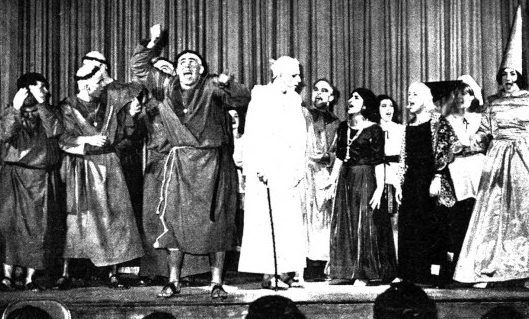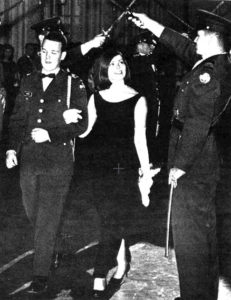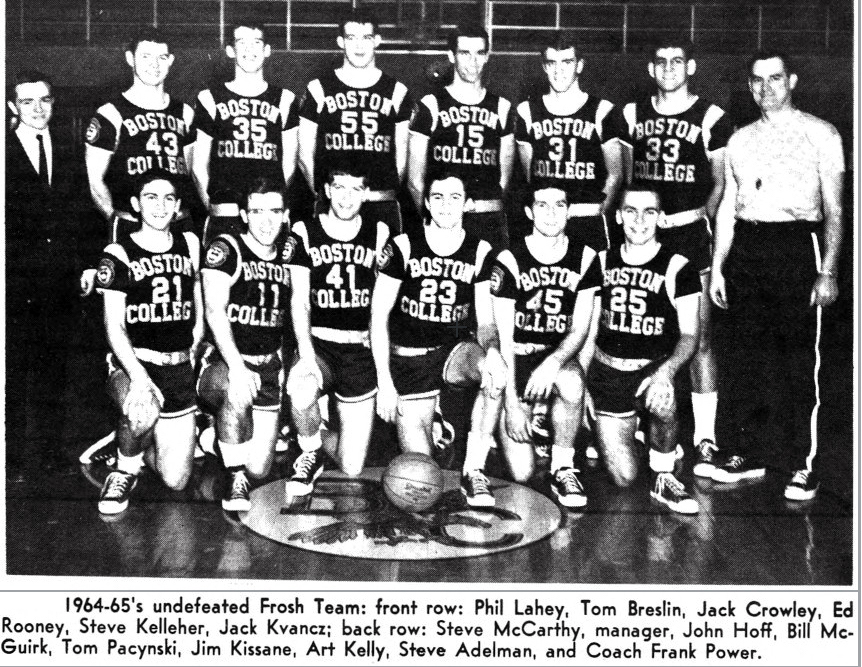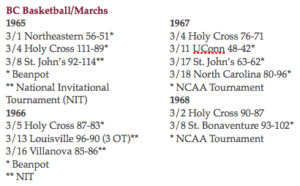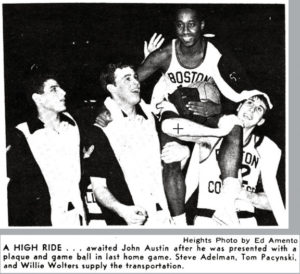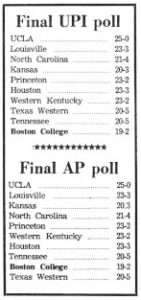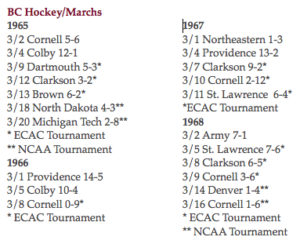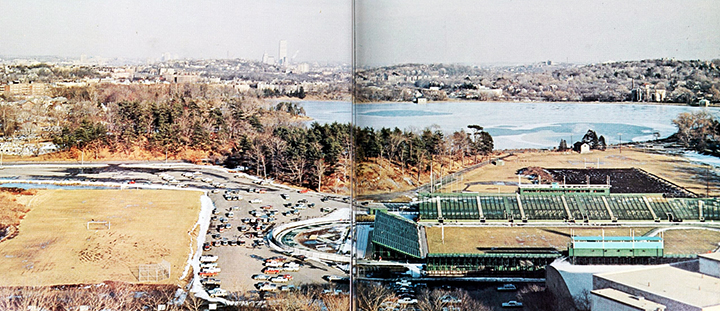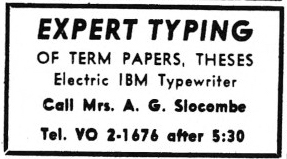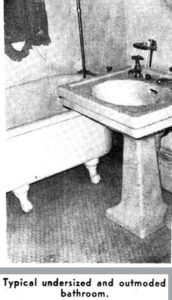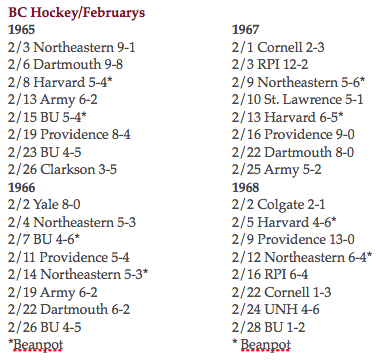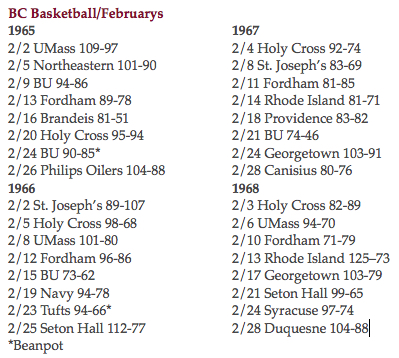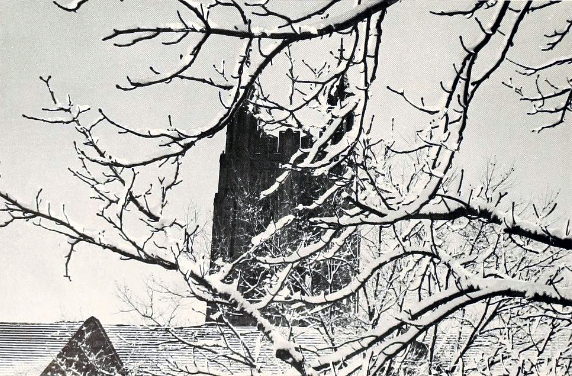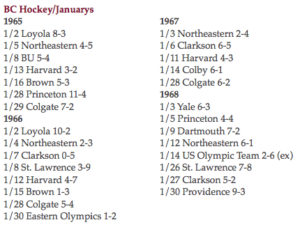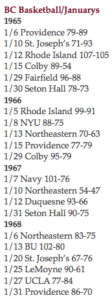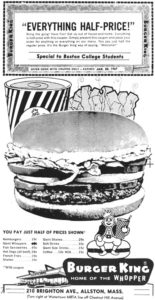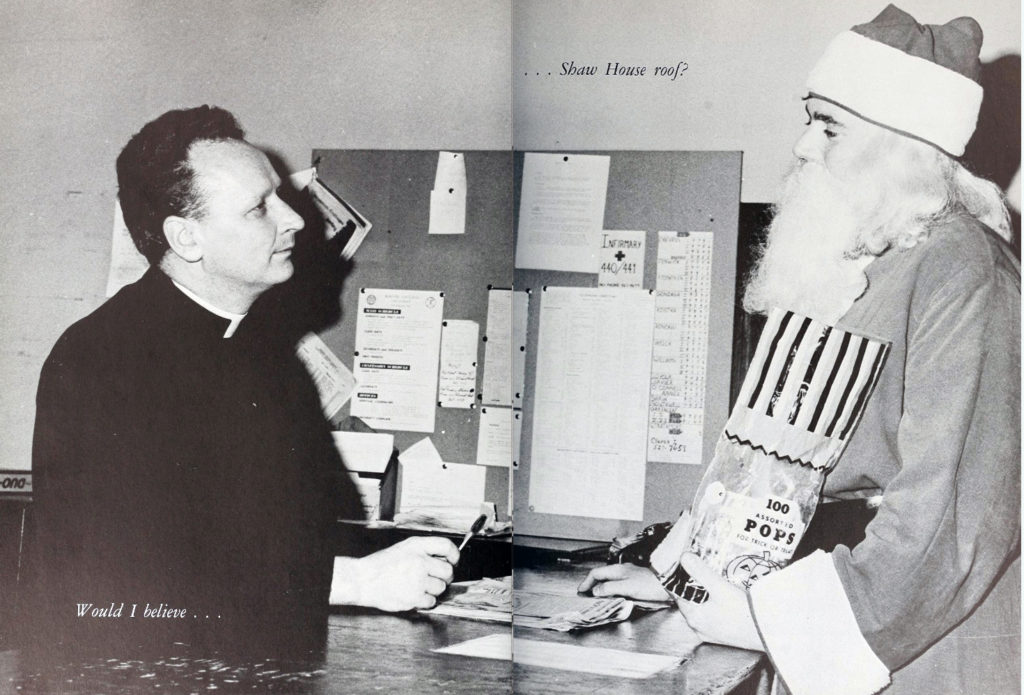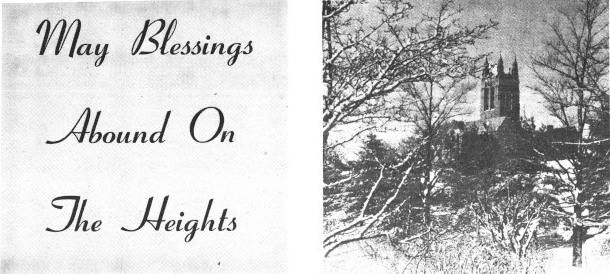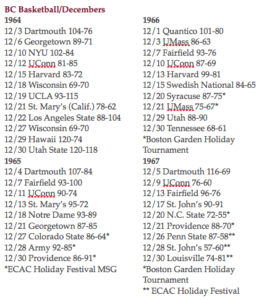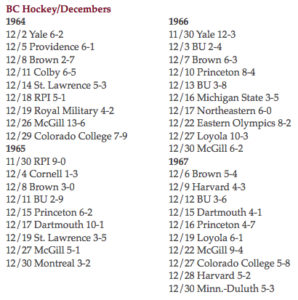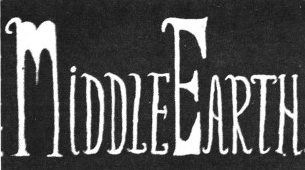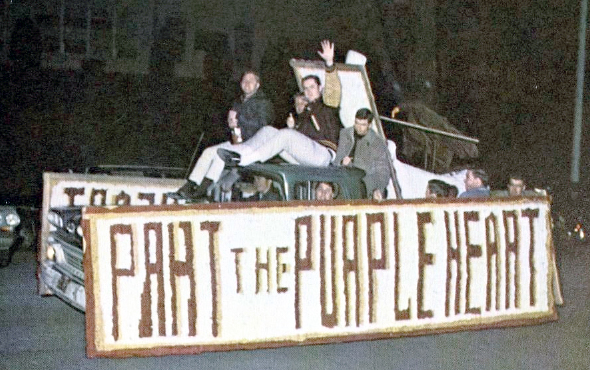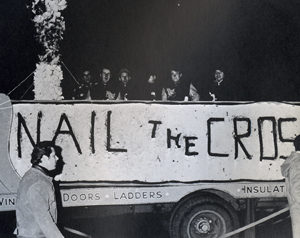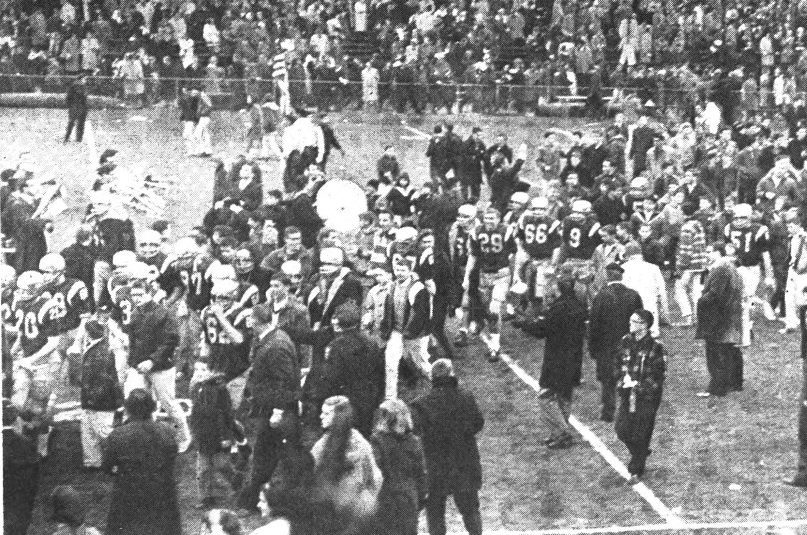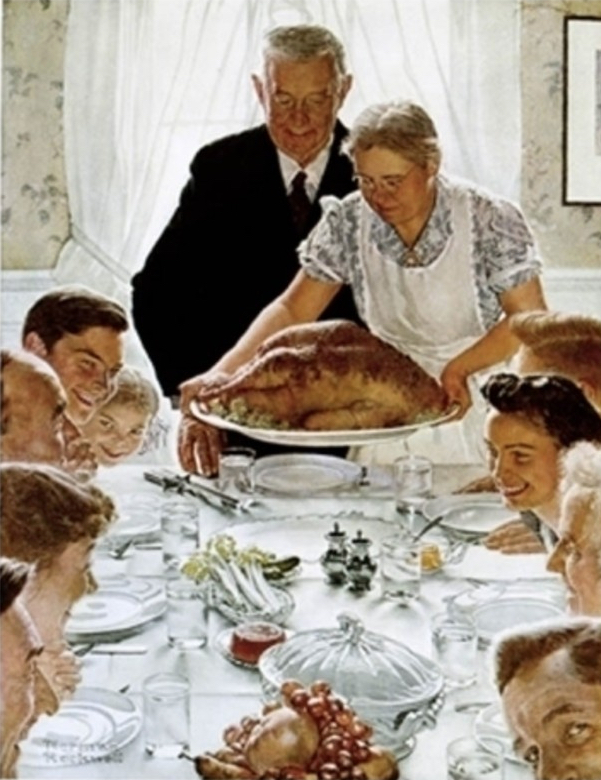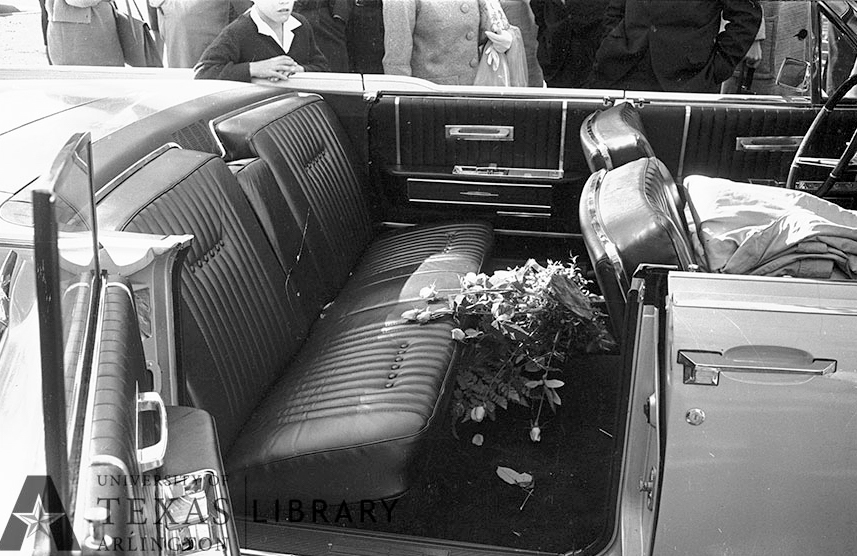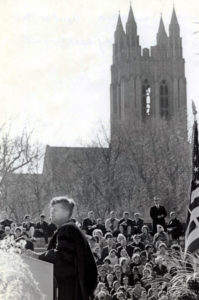On this date, in 1968, President Lyndon Johnson addressed the nation on television. He had requested the airtime beginning at 9 pm ET for an address on Vietnam peace efforts. Those days, all . . . that is, all three . . . TV networks would show such an address.
I remember sitting in the living room of our apartment in Brookline watching the President’s talk, anticipating not much more than routine announcements. He said he was making additional efforts to bring North Vietnam to the negotiating table. Unilaterally and at once, he said, the US would reduce combat actions against North Vietnam. There would be no air or sea-based attacks on the North, except for the area just north of the Demilitarized Zone (DMZ) where, LBJ said, there was an ongoing and continuing North Vietnamese buildup that posed a threat to US and South Vietnamese forces on the other side of the DMZ.
Blah, blah, blah. Then there was a change in tone. The “speech,” at least the text of which had been made public beforehand, was over. The next few minutes were riveting and stunning. In an effort to restore national unity, rent asunder by conflict about the Vietnam War, and more, he said, “. . . I do not believe that I should devote an hour or a day of my time to any personal partisan causes or to any duties other than the awesome duties of this office, the Presidency of your country.”
Pause.
“Accordingly, I shall not seek, and I will not accept, the nomination of my party for another term as your President.”
Whaaa! Holy crap! I called out to my roommates to come see what had happened. I was not a fan of Johnson. At the time, I was more attuned to the opposition to the war represented, at least in presidential terms, by Sen. Eugene McCarthy and Sen. Robert Kennedy. But Johnson’s announcement was seismic.
Classmate Kevin O’Malley recalls this night 50 years ago: “I was doing my last event of a four-year gig as the announcer/emcee for the BC Marching/Concert Band in an auditorium in Quincy. They had a meet-and-greet for us afterward in the adjacent lounge, and we all saw the speech live on TV (including probably 25 senior boys who had been 1-A since November). We were stunned, then thoughtful, and then ultimately jubilant on the ride all the way home. We thought maybe the war would be over soon. Little did we know what the balance of 1968 would bring to this still-young republic.”
You can see the last, most relevant, minute of the speech below.
What do you remember? Were you happy? Worried?



